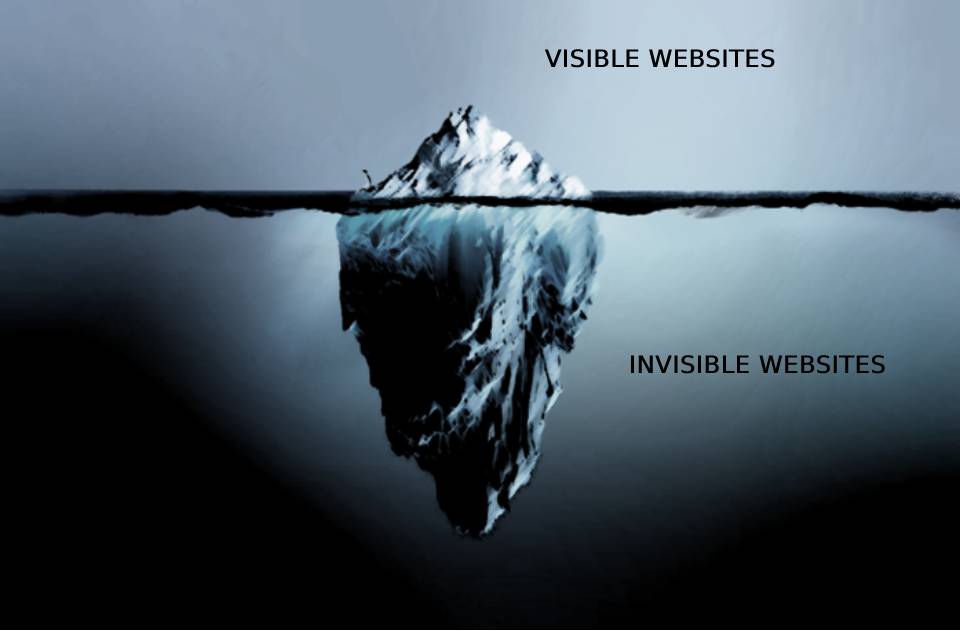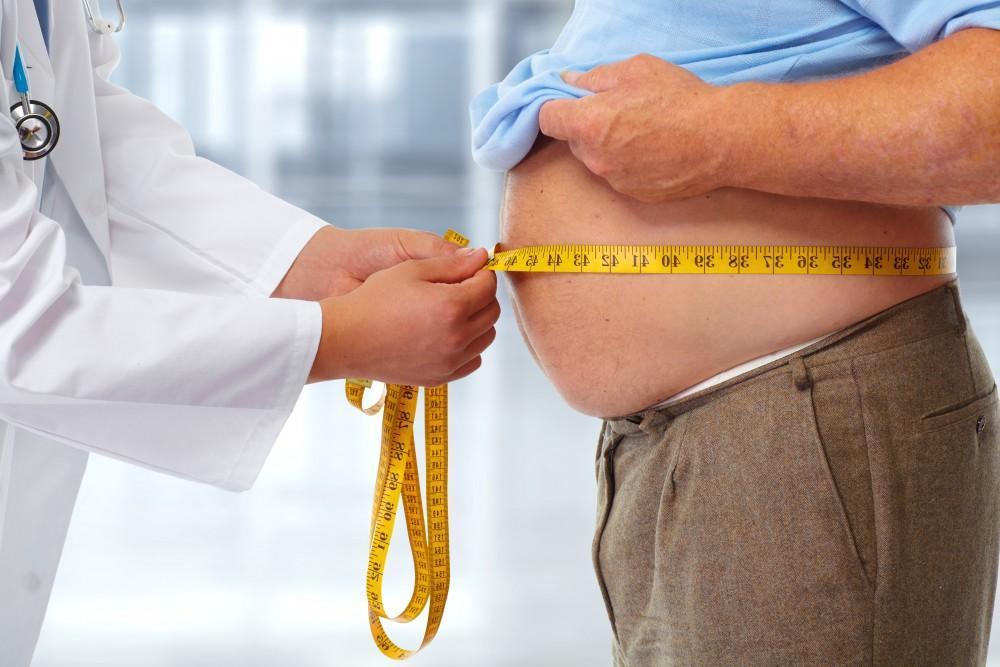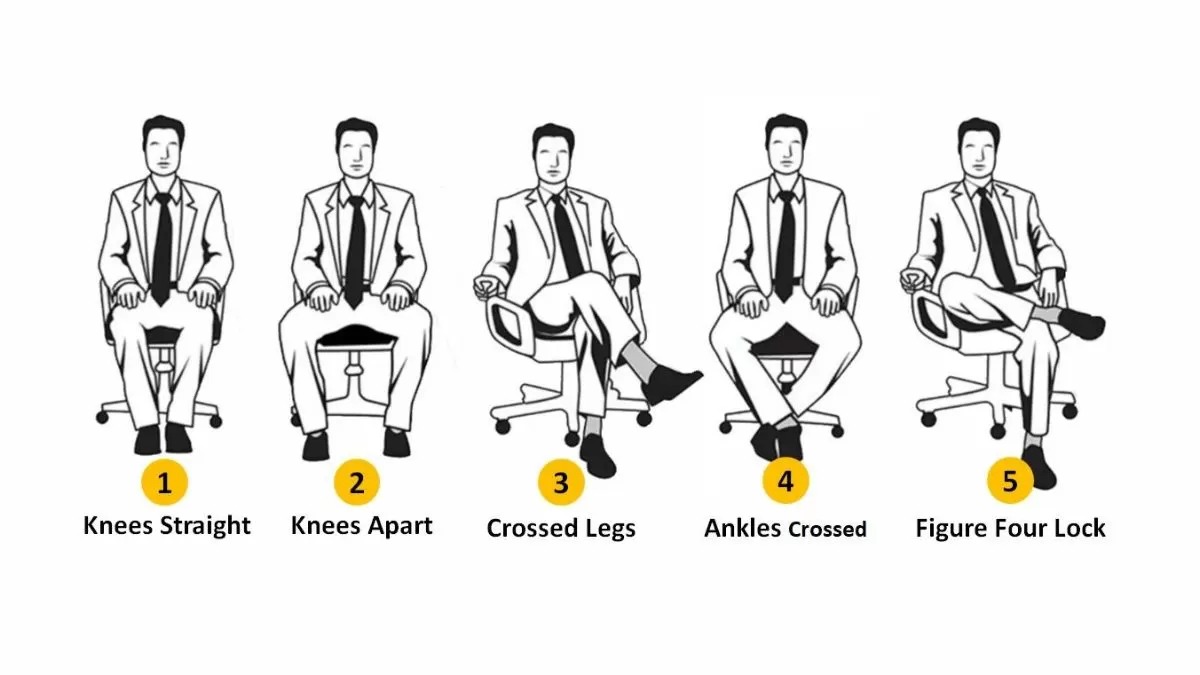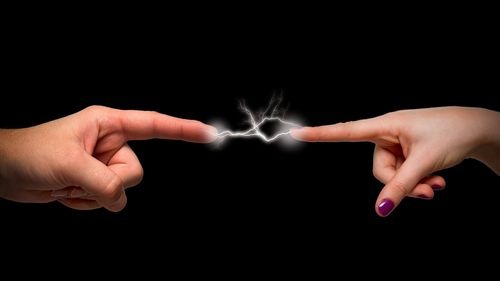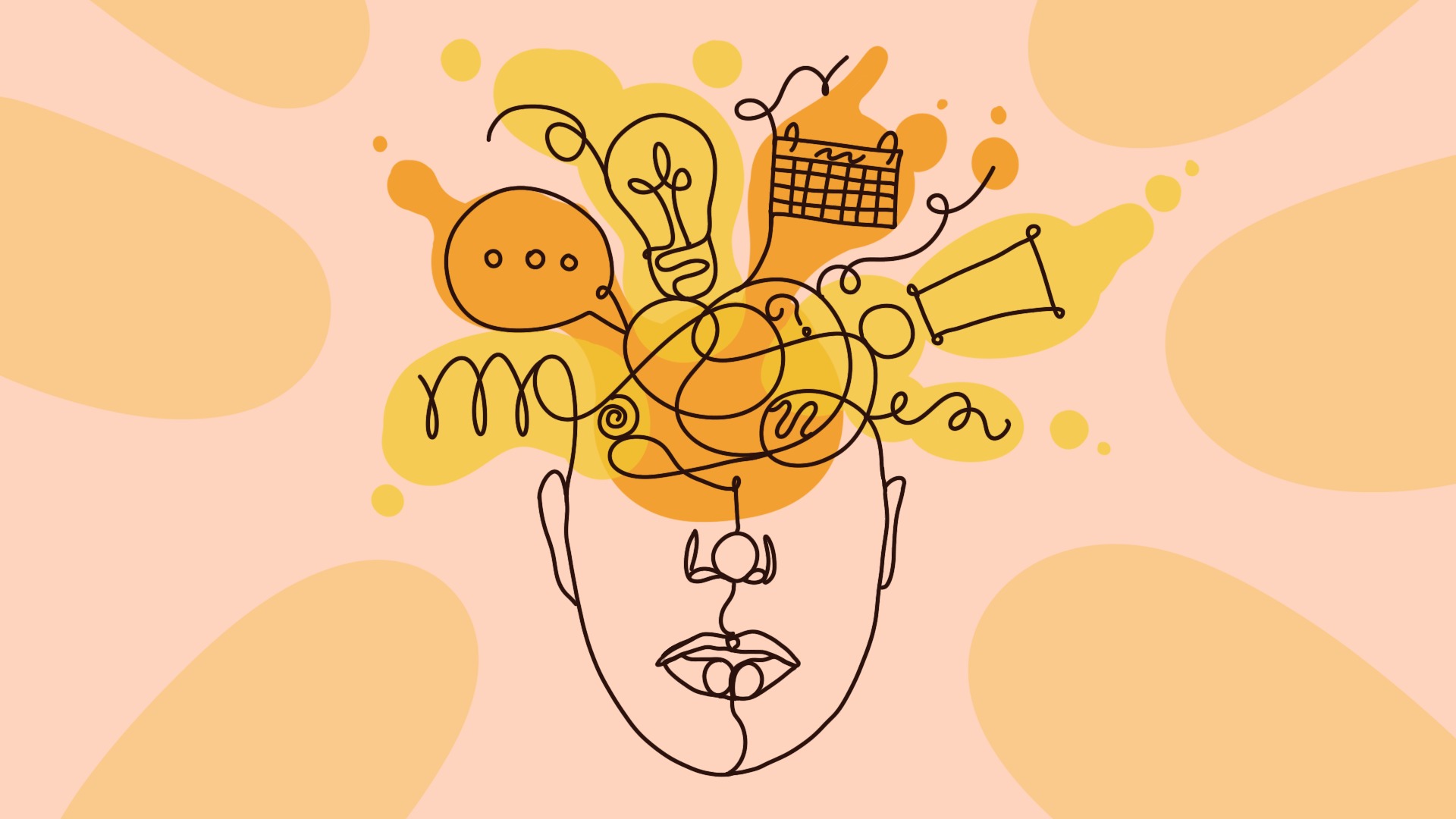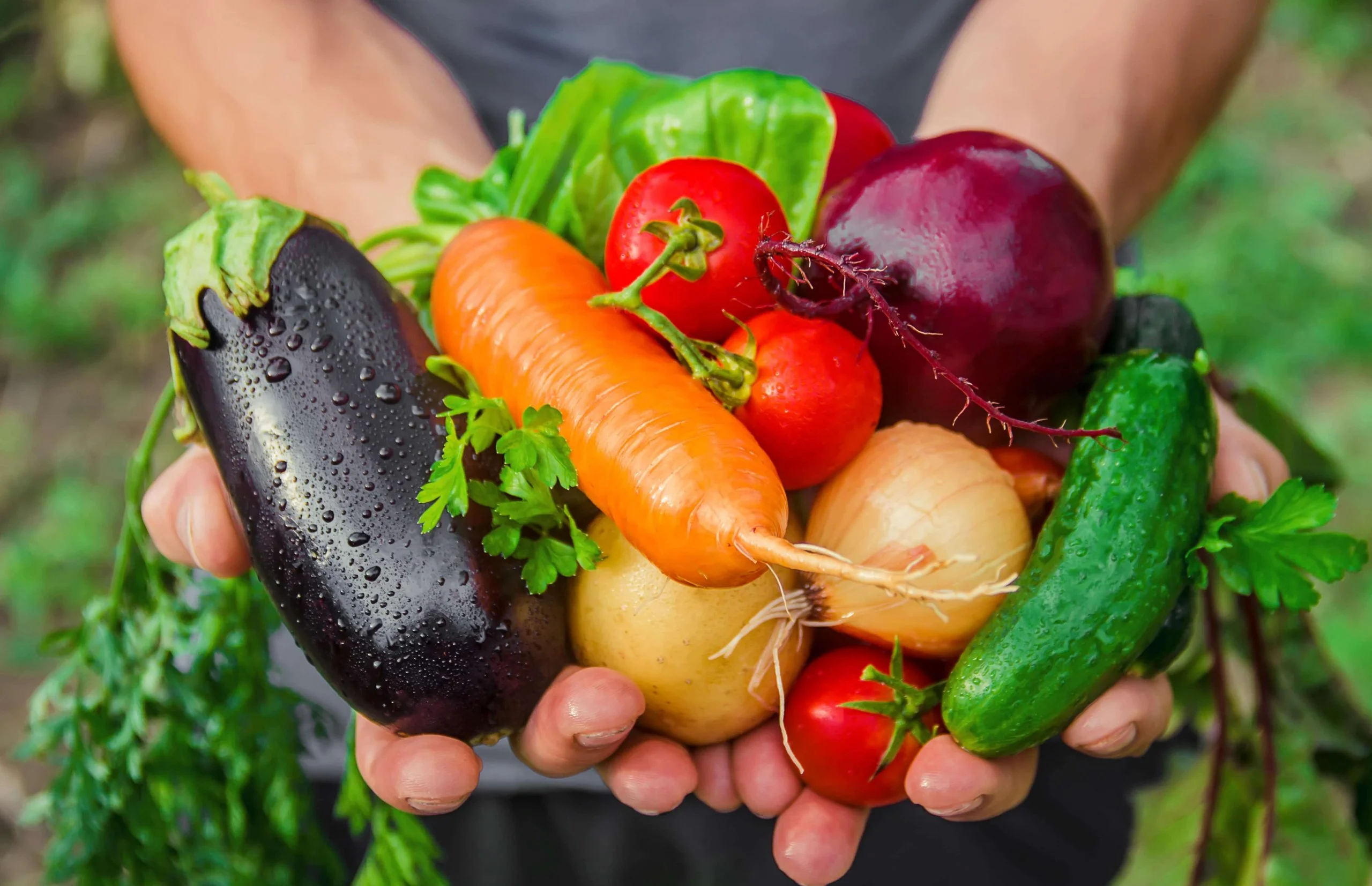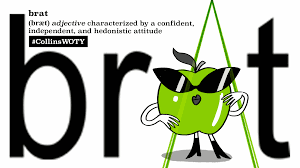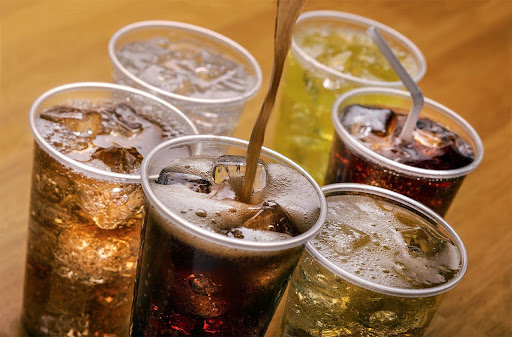
Ever wondered why your favourite fizzy beverages are called soft drinks?
Despite the name, there’s nothing particularly ‘soft’ about them, especially in terms of their impact on health. The term soft drink is simply a way to differentiate them from their ‘hard’ counterparts, alcoholic beverages.
In this case, soft refers to the lack of alcohol, meaning these drinks are non-alcoholic carbonated beverages, typically flavoured with syrups and sweeteners.
By the 19th century, soda water, created by adding carbon dioxide to water, became a staple in apothecaries. Eventually, various flavourings were added, leading to the creation of the fizzy, sugary drinks we know today. The term soft drink stuck as a way to classify these beverages as an alternative to the alcoholic options available.
But what does this ‘soft drink’ contain?
Modern soft drinks are typically made with carbonated water, sweeteners (like high-fructose corn syrup or sugar), and artificial or natural flavourings. They may also contain caffeine, food colouring, and preservatives to enhance their flavour and shelf life.
Now, let's discuss the impact of this on health,
While soft drinks may seem like a refreshing treat, their regular consumption can lead to a range of health problems:
- Soft drinks are packed with sugar and calories, making it easy to consume far more than you realize. A single can of soda can have as much as 10 teaspoons of sugar, contributing to weight gain and obesity.
- The high sugar content in soft drinks is a recipe for dental issues. The sugar feeds harmful bacteria in the mouth, leading to plaque buildup and tooth decay. Additionally, the acidity of the drinks can erode tooth enamel over time.
- Regularly consuming soft drinks can spike blood sugar levels. Over time, this can lead to insulin resistance and an increased risk of type 2 diabetes.
- Some studies suggest that the phosphoric acid in soft drinks can lead to lower calcium levels in the body, which may weaken bones and increase the risk of osteoporosis.
Best alternative?
If you’re looking to cut down on soft drinks, try sparkling water with a splash of fruit juice or unsweetened iced tea as healthier alternatives. Staying hydrated doesn’t have to come at the cost of your health!
While soft drinks may be ‘soft’ in name, their effects on your body are anything but gentle.
Post a comment
What Your Sitting Position Says About Your Personality
- 01 Feb, 2025
- 2
Lose weight while you clean: 6 household tasks that burn...
- 07 May, 2025
- 2
Are you feeling ‘electric’ this winter? Here’s why!
- 13 Dec, 2024
- 2
Nitanshi Goel Beats Alia Bhatt & Katrina Kaif at IIFA!
- 10 Mar, 2025
- 2
How to stay productive if you have ADHD?
- 19 Mar, 2025
- 2
Categories
Recent News
Daily Newsletter
Get all the top stories from Blogs to keep track.






